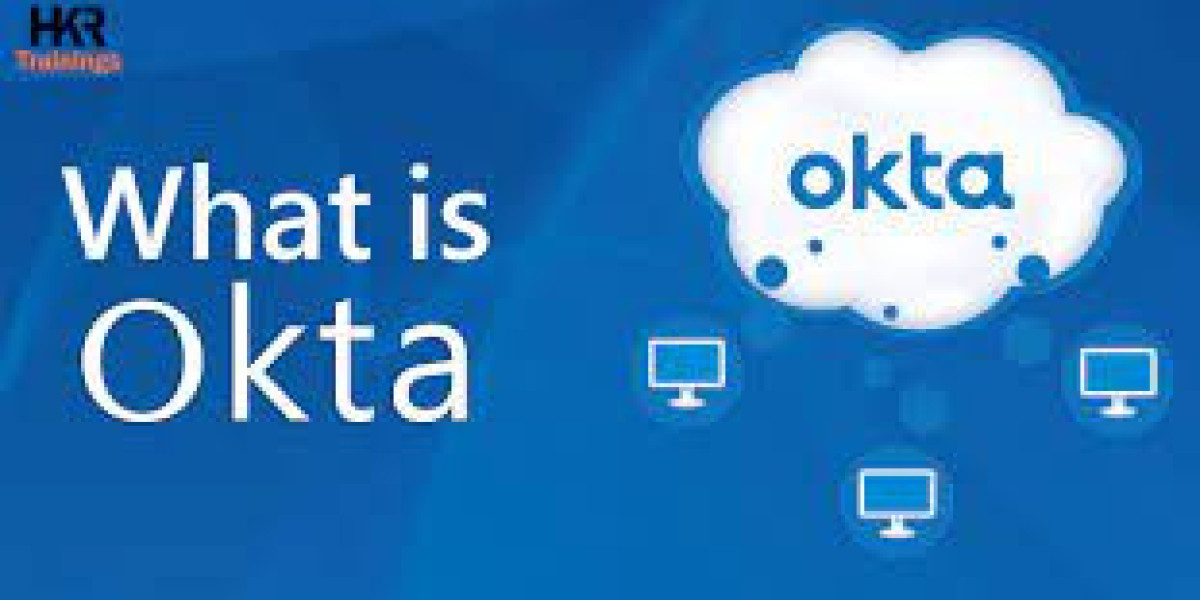In today's world, securing access to various applications and data is becoming increasingly important. With the growing number of devices and platforms that people use for work, it becomes challenging for organizations to manage user authentication and authorization effectively. This is where OKTA comes in.
OKTA is a cloud-based identity management platform that provides secure access to applications, services, and data from any device or location. It simplifies the login process by centralizing user authentication across different systems, making it easier for employees to access the resources they need without compromising security. But what exactly is OKTA? Let's dive deeper into this powerful tool and explore how it can benefit your organization.
What is OKTA?
Okta is a company that provides identity and access management (IAM) solutions for businesses. It offers a cloud-based platform that enables organizations to securely manage and control user authentication, access to applications, and data across various devices and systems.
The Okta Identity Cloud allows businesses to centrally manage user identities, providing single sign-on (SSO) capabilities for employees, partners, and customers. With Okta, users can authenticate themselves using their existing credentials, such as usernames and passwords, or through integration with external identity providers like Google, Microsoft, or social media accounts.
To gain in-depth knowledge with practical experience in Okta, Then explore hkr's Okta Training !
Functionality:
Okta provides a range of functionality for identity and access management, including:
Single Sign-On (SSO): Users can log in to multiple applications and systems with a single set of credentials, eliminating the need for separate usernames and passwords.
Multi-Factor Authentication (MFA): Okta supports various MFA methods, such as SMS codes, email verification, push notifications, and biometric authentication, adding an extra layer of security to user logins.
User Lifecycle Management: Okta enables organizations to automate user provisioning and deprovisioning processes, ensuring that users have the right access to applications and data throughout their employment or engagement with the organization.
Directory Integration: Okta integrates with existing directory services like Microsoft Active Directory, LDAP, or HR systems, allowing organizations to synchronize user information and ensure consistency across systems.
API Access Management: Okta provides APIs and tools to manage access and security for APIs, enabling organizations to control and secure access to their application programming interfaces.
Integration:
Okta offers extensive integration capabilities to connect with a wide range of applications and systems. It supports standard protocols and connectors for seamless integration, including:
SAML (Security Assertion Markup Language): Okta integrates with applications that support SAML, enabling secure SSO and user authentication.
OAuth and OpenID Connect: Okta supports these industry-standard protocols for secure authorization and authentication, allowing integration with a wide range of web and mobile applications.
Provisioning and De-provisioning: Okta integrates with HR systems, identity providers, and other user directories to automate the provisioning and deprovisioning of user accounts and access rights.
API Integrations: Okta provides RESTful APIs and SDKs, allowing organizations to build custom integrations with their applications and systems.
We have the perfect professional Okta Tutorial for you. Enroll now !
Security:
Security is a core focus for Okta, and it offers several features and measures to ensure the protection of user identities and data:
Secure Authentication: Okta provides strong authentication methods, including MFA and adaptive authentication, to verify user identities and protect against unauthorized access.
Identity Governance: Okta enables organizations to define and enforce granular access policies, ensuring that users have appropriate access privileges based on their roles and responsibilities.
Threat Detection and Remediation: Okta's security features include real-time monitoring, anomaly detection, and automated remediation capabilities to identify and respond to suspicious activities and potential security threats.
Encryption and Data Protection: Okta encrypts data both in transit and at rest, ensuring that sensitive user information remains secure.
Benefits:
Using Okta for identity and access management offers several benefits, including:
Improved Security: Okta helps organizations enhance security by implementing strong authentication methods, enforcing access policies, and monitoring user activities to detect and respond to threats promptly.
Enhanced User Experience: With Okta's SSO capabilities, users can access multiple applications seamlessly without the need for multiple logins, improving productivity and user satisfaction.
Streamlined Administration: Okta simplifies user provisioning and deprovisioning processes, reducing administrative overhead and ensuring consistent access management across systems.
Cost Savings: By centralizing identity and access management, organizations can reduce costs associated with managing multiple authentication systems, password resets, and user administration.
Scalability and Flexibility: Okta's cloud-based platform can scale with the organization's needs, accommodating growth and enabling easy integration with new applications and systems.
Compliance and Regulatory Support: Okta helps organizations meet compliance requirements and regulations by providing identity and access management controls, audit logs, and reporting capabilities.
Conclusion
In conclusion, OKTA is a cloud-based identity and access management platform that has revolutionized the way businesses manage user authentication and authorization. By providing a secure and seamless single sign-on experience for employees, customers, and partners across multiple devices, OKTA has become a trusted solution for many organizations worldwide. Its extensive integration capabilities with various applications and platforms make it an even more valuable asset in today's digital world. While there may be other similar solutions available, OKTA stands out for its robust security features, scalability, and user-friendliness. If you're looking to improve your organization's security posture and streamline user access management, OKTA is worth considering.
If you want to know more about Okta visit this blog What is Okta !



